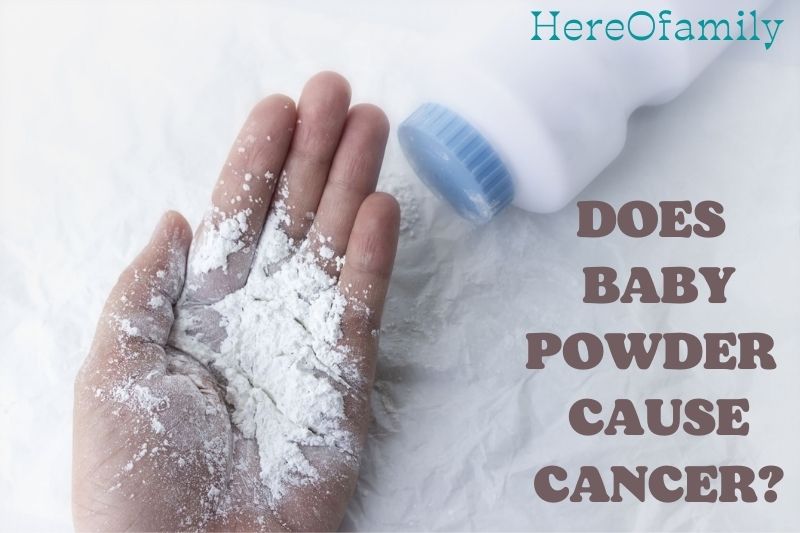- No Voice
The headline asks Does baby powder cause cancer. This is a valid question because some studies have suggested that there may be a link between the two. However, it is essential to note that these studies are not definitive, and more research is needed to confirm any potential connection.
Baby powder is commonly used to absorb moisture and reduce friction. Chafing can cause rashes and skin irritation, so this can help. Talcum powder, manufactured with talc, is used in some baby powders, but not all.
Talc is one of the world’s softest minerals. It absorbs oils, moisture, and odors as a powder and reduces friction.
One prominent talcum powder brand is known as “Baby Powder.”
While talcum powder is used by babies to reduce diaper rash and infections, adults use it. Some people use it on their genital areas to dry them, such as around their underpants.
Talcum powder is also found in various cosmetics, including setting powder and foundation.
Talc became famous as a cosmetic in the late 1800s when Johnson & Johnson began selling it.
Manufacturers must mine talc. The mineral is found naturally alongside Asbestos in the ground. Asbestos is a naturally occurring material that has been linked to the development of cancer. Many individuals believe that talcum powder promotes cancer because of its close closeness to the earth. Learn about these claims, as well as how to mitigate any risk, in this article.
Contents
What Is Talcum Powder?
Talcum powder is manufactured from the mineral talc, mainly composed of magnesium, silicon, and oxygen. It absorbs moisture efficiently and reduces friction as a powder, making it excellent for keeping skin dry and preventing rashes. It’s found in various consumer items, including infant powder, adult body and facial powders, and a variety of other cosmetics.
Some talc contains Asbestos in its natural state, which is known to cause malignancies in and around the lungs when inhaled (see Asbestos).
The Cosmetic, Toiletry, and Fragrances Association (CTFA), a trade group representing the cosmetic and personal care goods sector, established voluntary guidelines in 1976 declaring that all talc used in cosmetic products in the United States should be free of measurable quantities of Asbestos.
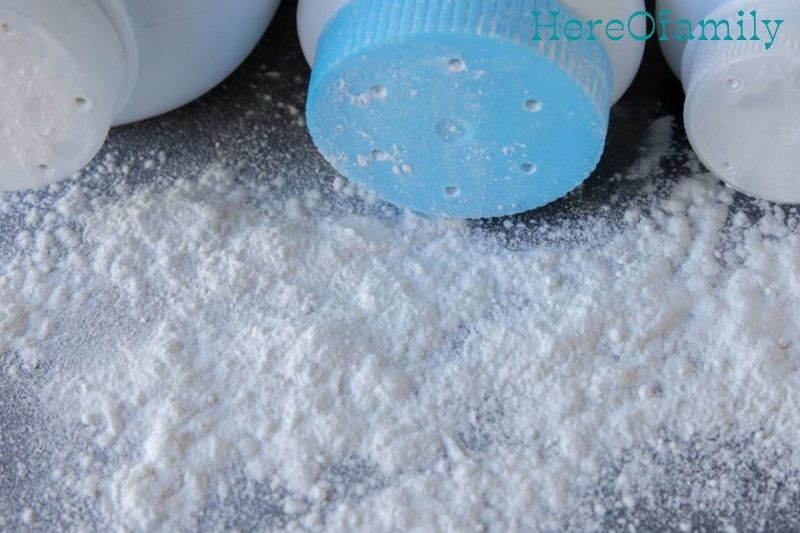
The most common sources of worry concerning a possible link between talcum powder and cancer have been:
Whether persons who deal with talc particles for a long time, such as talc miners, are at a higher risk of lung cancer from inhaling them.
Whether women who regularly use talcum powder in their vaginal area have a higher risk of ovarian cancer.
The Claims
While manufacturers should take responsibility for carefully selecting talc mining areas to avoid asbestos exposure, there is no regulatory requirement that cosmetic items be tested.
Almost 6,600 people have sued Johnson & Johnson for infant powder. The majority of these customers are ovarian cancer patients. Their statements believe that using talcum powder on their genitals caused their cancer to develop.
These women back up their assertions with several studies that show that using talcum powder on female genitals for an extended period can raise the risk of ovarian cancer.
Another issue to consider is asbestos pollution. Johnson & Johnson and another corporation were found guilty of selling asbestos-contaminated products in April 2018.
Does Talcum Powder Cause Cancer?
It’s vital to distinguish between asbestos-containing talc and asbestos-free talc when discussing whether or not talcum powder (baby powder) is linked to cancer. When asbestos-containing talc is inhaled, it is widely believed to cause cancer. The data for asbestos-free talc is a little hazier.
Researchers employ two types of studies to determine if a drug or exposure causes cancer.
Animals are exposed to a drug (typically in extremely high doses) in lab experiments to discover if it creates tumors or other health problems. Researchers may test the chemical on normal cells in a lab dish to determine if it triggers the same alterations identified in cancer cells.
Although it’s not always apparent whether the findings from this research will apply to humans, lab tests are an excellent way to see if a drug has the potential to cause cancer.
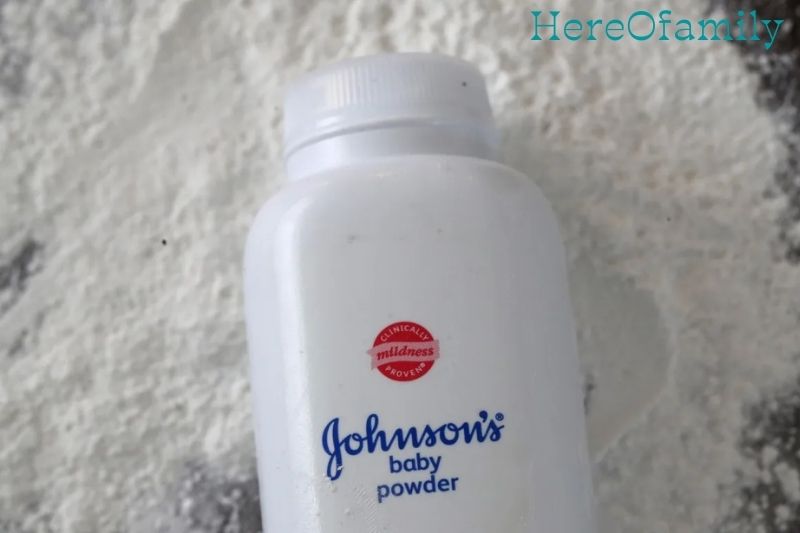
People’s studies: People’s studies examine cancer risks in diverse categories of people. A study like this may compare the cancer risk in a group exposed to a substance to the risk in a group not exposed to it, or it could compare it to the risk expected in the general population. However, because numerous other factors may influence the outcomes, it can be difficult to tell what these research findings signify.
In most situations, neither type of study gives adequate proof; therefore, researchers look at both lab-based and human studies when trying to figure out if something causes cancer.
Studies In The Lab
The findings of studies in which lab animals (rats, mice, and hamsters) were exposed to asbestos-free talc have been mixed, with some demonstrating tumor growth and others not.
Studies In People
Ovarian cancer is a type of cancer that affects women.
It has been suggested that talcum powder particles (applied to the vaginal area or on sanitary napkins, diaphragms, or condoms) could cause cancer in the ovaries if they travel through the vagina, uterus, and fallopian tubes to the ovary.
Many women’s research has looked into the probable link between talcum powder and ovarian cancer. The results have been varied, with some studies indicating a modest increase in risk and others indicating no change.
A slight increase in risk has been identified in many case-control studies. However, because these studies generally rely on a person’s memory of talc use from many years ago, they can be skewed.
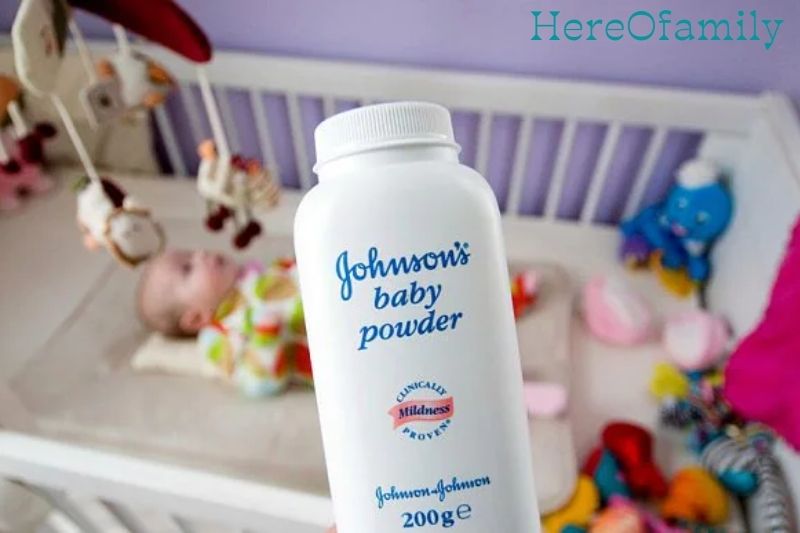
Prospective cohort studies, which do not have the same type of bias, have not consistently identified a significant increase in the risk of ovarian cancer. However, some experts have argued that particular populations of women (for example, those who still have an intact reproductive system) or certain forms of ovarian cancer may be at higher risk.
One of the difficulties in researching this topic is that ovarian cancer is uncommon. As a result, even the most comprehensive studies may not have been large enough to identify a modest increase in risk, assuming one exists.
If there is an elevated risk for any particular woman, the total increase will likely be relatively tiny. Nonetheless, because talc is widely used in various products, assessing whether the increased risk is actual is critical. This field of study is still being researched.
Lung Cancer
Some talc miners and millers studies have revealed an elevated risk of lung cancer and other respiratory disorders, whereas others have not. The fact that talc in its natural state can contain different levels of Asbestos and other minerals, as opposed to the purified talc used in consumer items, has hampered these investigations.
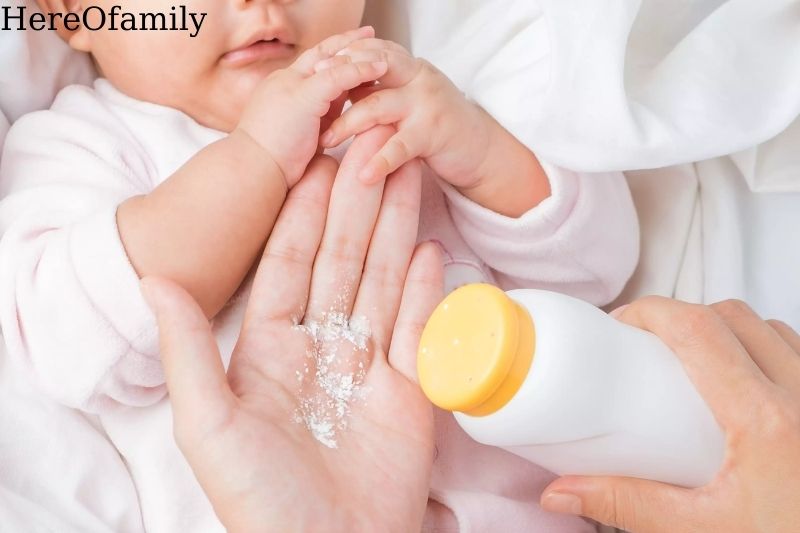
Miners may also be exposed to other compounds that can increase lung cancer risk, like radon, when working underground.
Cosmetic talcum powder has not been linked to an increased risk of lung cancer.
Other Types Of Cancer
Although not all probable associations with other cancers have been thoroughly investigated, talc use has not been firmly connected.
According to one study, using genital talcum powder may raise endometrial (uterine) cancer in postmenopausal women. However, no such correlation has been discovered in other investigations. To learn more about this subject, more research is needed.
A few limited studies have also investigated a possible link between inhaled talc exposure at work and other malignancies, such as stomach cancer. However, there is currently no substantial evidence of such connections.
What Official Health Organizations Say
Talc-based powders are generally non-carcinogenic, according to the International Agency for Research on Cancer (IARC). However, when applied to the genitals, there is a slight chance that talcum powder will cause cancer in people.
According to the Centers for Disease Control and Prevention (CDC), inhaling talc repeatedly may injure the lungs.
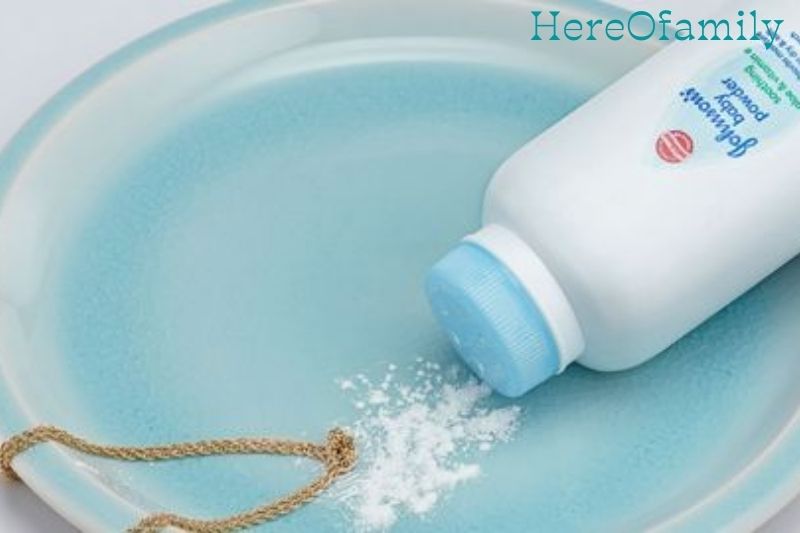
Due to the ongoing scientific discussion, the United States Food and Drug Administration (FDA)Trusted Source does not have a position on the topic.
On the other hand, the European Union has outlawed the use of talc in beauty and health products. Thus it is not available in some European countries.
Reducing The Risk
Even though talcum powder is still widely used, there are no medical grounds to use it. Whether or not to use talcum powder is entirely up to the individual.
According to some accounts, Talcum powder can cause respiratory issues in babies if inhaled.
The following are some alternatives to talc-based baby powders:
- powdered cornstarch
- powdered arrowroot starch
- powdered tapioca starch
- Zinc-based diaper rash treatments for newborns and toddlers are made with oat flour and baking soda.
Conclusion
The headline of this article concludes that there is a connection between baby powder and cancer, but the wording does not make it clear that this conclusion is tentative. Readers could assume that this is the study’s conclusion or that the scientific consensus has reached a definite conclusion. HereOfamily hopes you find this guide is useful.
